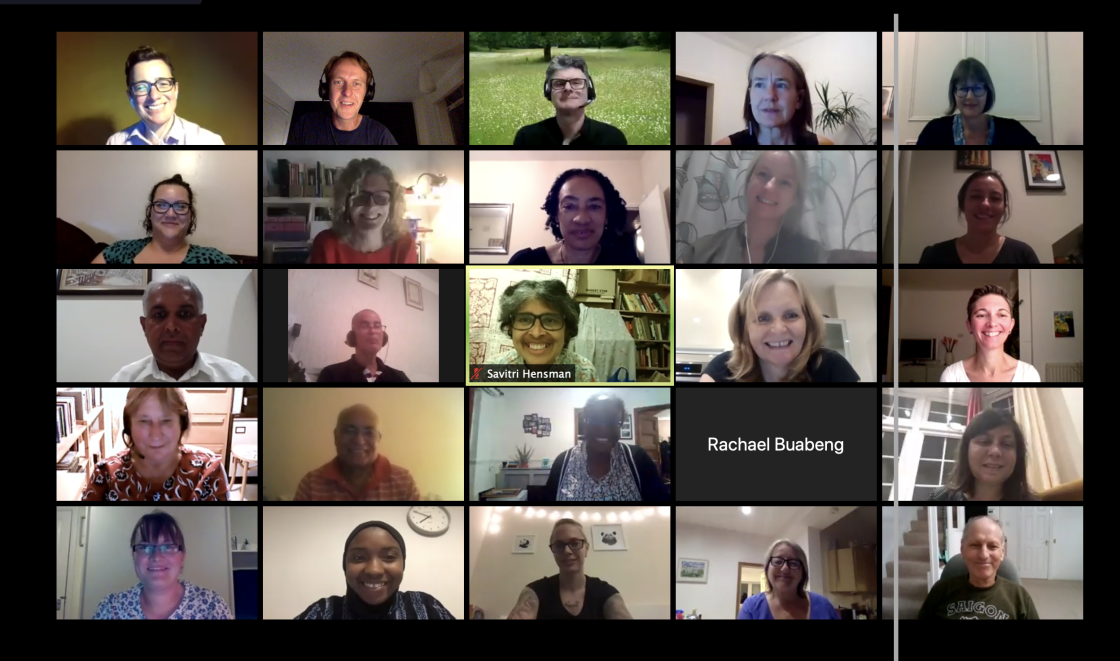Equality, diversity and inclusion (EDI) is a central theme in the strategy. We aim to work with groups across the nine protected characteristics covered by the Equality Act 2010. However, in relation to our core research, we recognise that health outcomes are much worse for people who are from Black, Asian and minority ethnic backgrounds and people with disabilities in particular, and they have been worse affected by Covid-19. By having EDI at the core of our involvement strategy, we aim to build broad community involvement with diverse communities in south London.
The strategy sets out responsibilities for public involvement at ARC South London and proposes four new groups to help ensure effective involvement: the Involvement Advisory Group; ARC South London Public Research Panel; Involvement Learning Network and the Equality Diversity and Inclusion Working Group. These structures, including the implementation and involvement team, the involvement coordinator and patient, service user and carer champions within each research theme, will help make sure there is effective co-production, involvement and evaluation across all research activities.
Support will be provided to researchers through guidance on best practice and how to communicate without clinical or research jargon, and the use of clear language. We will support patients, service users, carers and local people who contribute to our research with training and guidance, enabling them to gain more knowledge to support research applications. We will also find out the best ways of supporting and working with diverse communities who are not usually involved in research, so they can help shape our work.
